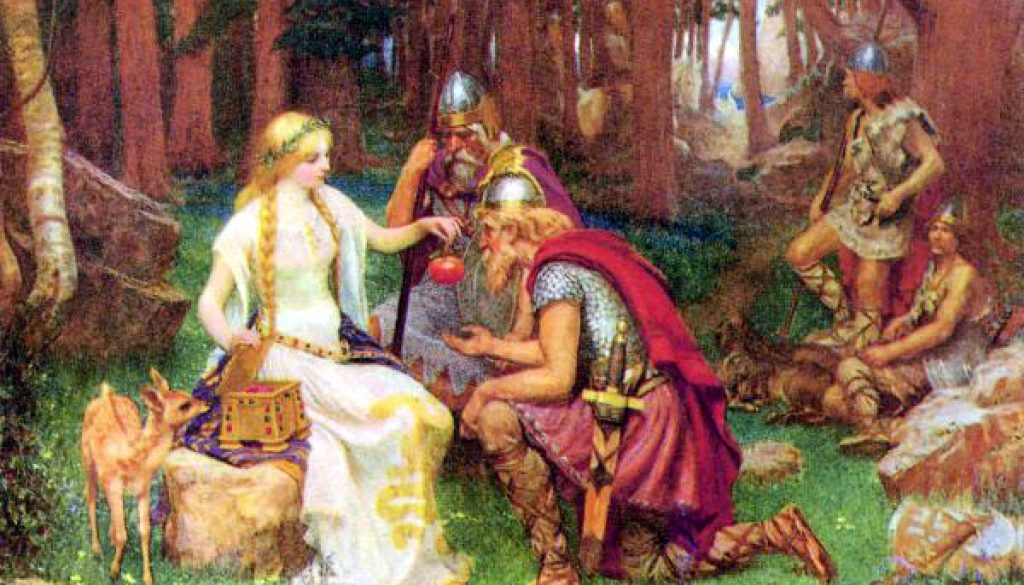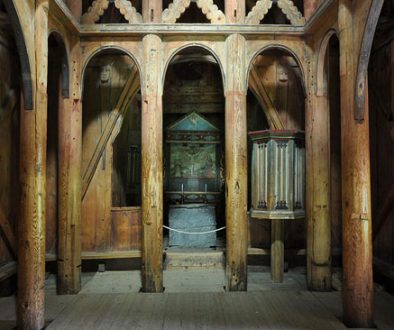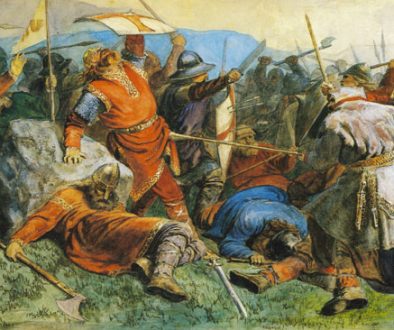Did You Know: Scandinavians
Welcome to another installment of “Did You Know”, an series of short blogs about interesting and little known facts about the Vikings.
Did you know that the ancient Scandinavians didn’t have a religion as we would recognize it? They had an entire pantheon of gods, to be sure. But the people considered them to be more like temperamental and influential relatives or friends than supernatural beings to be worshipped. The gods and spirits surrounding them were an intimate part of their lives, existing in the land and weather.
The people didn’t worship the gods so much as they demanded, bartered, cajoled and stood eye to eye with them.Their beliefs were not connected with morals, and they had no real concept of good and evil as we know it. Offending the gods only lost their favor, but didn’t define a person’s fate in the afterlife. One could only catch the eye of the gods with bravery, word-fame, and honor, and thus earn their help. Even though the Scandinavians believed in an after life, they had no concept of the soul or eternity.
Each person chose the gods he followed. If one god didn’t do as one wished, one went to another. The responsibilities of each god were not well defined and could be regional. Social rank often decided which god one followed. For example, kings and warriors called on Odin, the common man chose Thor, and farmers followed Freyr.
Except perhaps in the larger temples like the one at Uppsala, Sweden, there were no priests. The local jarl performed many of the ceremonies and rituals.
They didn’t have a word for religion. The closest term they had was “sidr” or custom. As Christianity spread, it was called “nyr sedr”, the new custom. Their former beliefs became known as “forn sidr” or the ancient custom. The predilection for exchanging gods at a whim caused a problem for the spread of Christianity in Scandinavia. We have examples of amulets that are designed to be both the hammer of Thor and the Christian cross. It would seem that the habit of calling on different gods lingered on long after Christianity became established.


